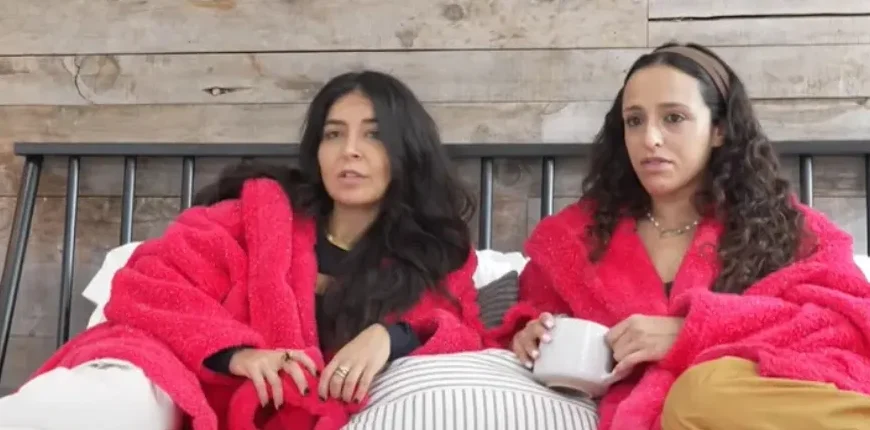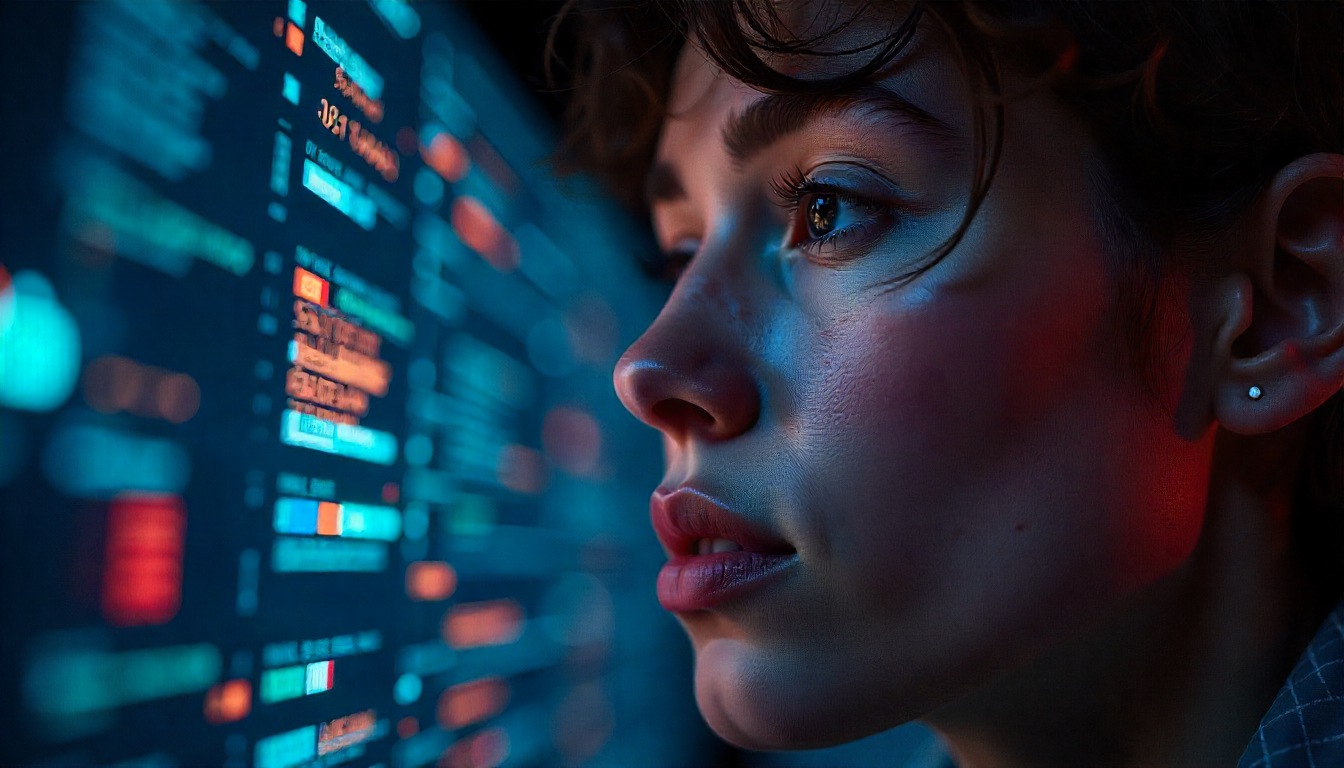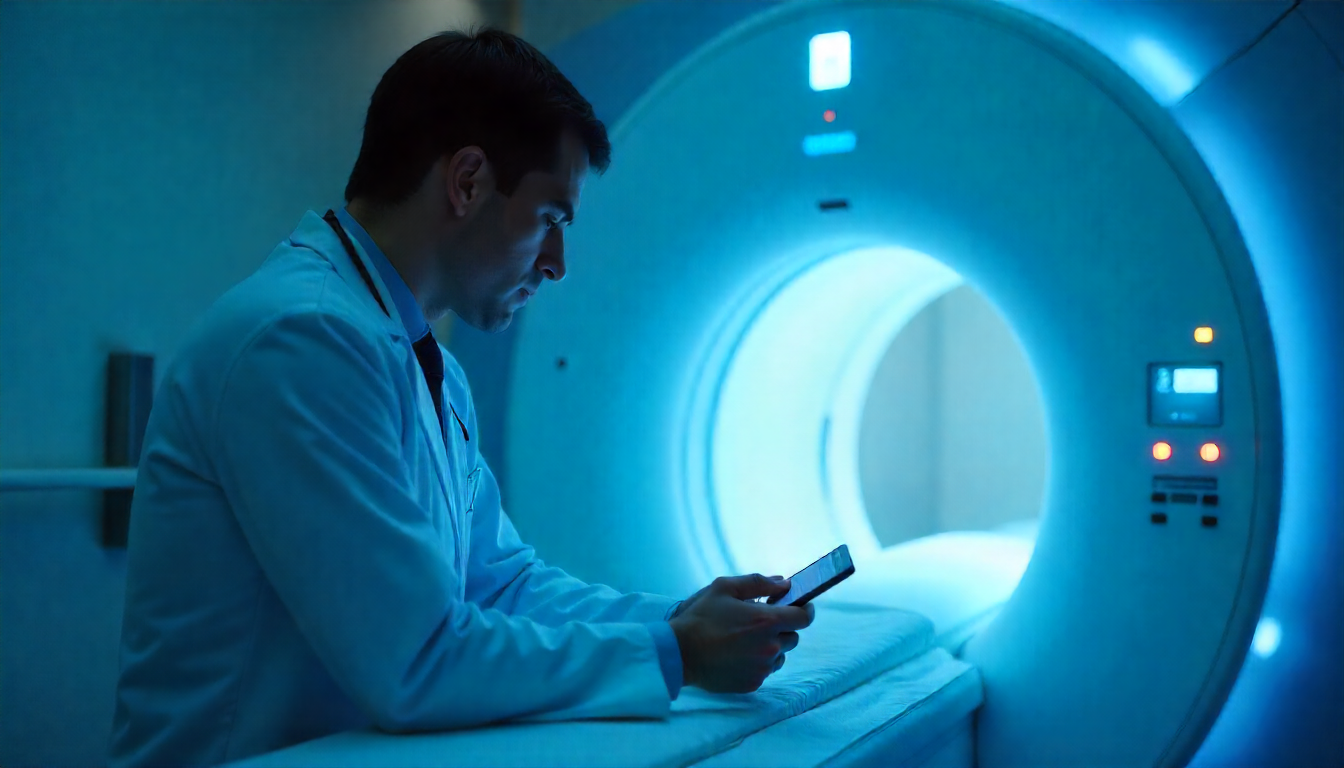
🧠 The Connection Between Technology and Sleep
What is Sleep Health?
Sleep health isn’t just about how many hours you clock in each night. It’s about the quality, timing, and regularity of your sleep. In a world where tech is everywhere—from smartphones to smart mattresses—it’s no surprise our sleep has taken a hit.
Why Tech and Sleep Don’t Always Mix
Your phone may be smart, but it’s not sleep-smart. Many of us are bringing devices into bed, checking emails at midnight, or watching Netflix until we pass out. Sound familiar? Yeah, that’s where the trouble starts.
📱 1. Blue Light Exposure: The Digital Sleep Killer
How Blue Light Affects Melatonin
Blue light from screens tricks your brain into thinking it’s daytime. This suppresses melatonin, the hormone that tells your body it’s time to sleep. No melatonin? No deep sleep.
Screen Time Before Bed: A Common Mistake
Scrolling Instagram or TikTok until your eyes burn might feel like winding down—but it’s actually winding your brain up. The result? Delayed sleep onset, tossing and turning, and waking up groggy.
Practical Fixes for Blue Light Overload
- Use night mode on devices after 8 PM.
- Invest in blue light blocking glasses.
- Switch to physical books or audiobooks at night.
- Try apps like f.lux to automatically warm screen colors.
🧘♂️ 2. Tech-Induced Anxiety and Overstimulation
Notifications, Doomscrolling, and Stress
Ever notice how a late-night email or news headline can leave your heart racing? That’s your cortisol spiking—the stress hormone that’s supposed to decrease at night.
Mental Overload Before Bedtime
Too much mental input (aka digital noise) means your brain doesn’t get a chance to shut down. Instead of relaxing, it’s processing emails, TikToks, news, memes… all at once.
Solutions to Calm the Tech-Driven Mind
- Set a “tech curfew” an hour before bed.
- Use Focus Mode or Do Not Disturb settings.
- Replace screen time with meditation apps or journaling.
📡 3. EMFs and Sleep: Are Wireless Devices Disrupting You?
What Are EMFs?
EMFs (Electromagnetic Fields) are invisible energy waves from devices like Wi-Fi routers, smartphones, and Bluetooth gear. There’s still debate, but some studies suggest they may impact REM sleep and melatonin.
EMF Exposure and Sleep Patterns
Sleeping next to your phone or under a Wi-Fi router? You could be bathing in EMFs all night—not great for deep sleep.
How to Minimize EMF Interference
- Turn your phone on airplane mode.
- Keep devices at least 3 feet away while sleeping.
- Shut down Wi-Fi at night or use a timer.
⏰ 4. The Sleep-Schedule Wrecker: Streaming and Gaming
Binge-Watching and Lost Sleep
“Just one more episode” has ruined many a good night’s rest. Streaming services are designed to keep you hooked with autoplay features and cliffhangers.
Gaming and Delayed Bedtimes
Gamers—especially competitive ones—often game late into the night, keeping the brain hyper-alert. This can lead to sleep latency and even dream disturbances.
How to Set Boundaries with Entertainment Tech
- Use auto shut-off timers.
- Set a hard cutoff time (e.g., no games after 10 PM).
- Move gaming or binge sessions to earlier in the day.
📊 5. Tech That Tracks Your Sleep – Helpful or Harmful?
The Rise of Sleep Trackers
From smartwatches to mattress sensors, we’re tracking everything. While awareness is great, obsessing over sleep data can actually worsen sleep quality.
Data Anxiety and Obsessive Tracking
Have you ever felt more tired after your app says you had “bad sleep”? That’s called orthosomnia—stress caused by trying too hard to sleep well.
Using Sleep Tech the Right Way
- Don’t check your sleep score first thing in the morning.
- Use trends over time, not nightly results.
- Remember: You know how you feel—trust your body too.
🛏️ 6. Smart Bedrooms: Enhancing or Harming Your Sleep?
When Smart Homes Go Too Far
Too many smart devices in the bedroom can actually interrupt sleep cycles—with blinking lights, soft buzzing, or accidental alarms.
Tech That Actually Supports Better Sleep
- Smart lights that dim gradually at bedtime.
- White noise machines or apps.
- Climate control tech to maintain a cool bedroom.
Curating a Sleep-Friendly Tech Space
- Keep the bedroom minimal and cozy.
- Choose devices that support rest—not disturb it.
- Prioritize peace, quiet, and darkness.
🧠 Psychological Impact of Nighttime Tech Use
Sleep Procrastination and Dopamine Loops
You know when you’re tired but keep scrolling anyway? That’s revenge bedtime procrastination fueled by dopamine hits from notifications.
FOMO, Anxiety, and Midnight Scrolling
Fear of missing out (FOMO) can keep us connected—at the cost of our mental peace and deep sleep.
💡 Creating Healthy Tech Habits for Better Sleep
Digital Detox Techniques
- Try “No Tech Tuesdays”.
- Keep a charging station outside the bedroom.
- Use a real alarm clock instead of your phone.
Sleep Hygiene 101 (With a Tech Twist)
- Stick to a consistent bedtime.
- Avoid screens for at least 60 mins before bed.
- Invest in tech that mimics nature, like sunrise alarms.
🌿 Natural Sleep Aids vs. Tech Solutions
Melatonin, Magnesium, and Herbal Remedies
Old-school methods like chamomile tea, lavender oil, and melatonin supplements are still effective and often less disruptive.
How They Compare to Sleep Apps and Devices
Sometimes, the simplest solutions are the best. If tech is causing stress, maybe it’s time to unplug and go natural.
📅 OneFramework: Building a Personalized Sleep-Tech Routine
Identifying Your Triggers
Track what tech habits affect your sleep—then customize your strategy. What works for one person might not for another.
Tools You Should Keep – and Ditch
Keep what supports rest. Ditch what distracts. Build your own OneFramework for better nights and brighter mornings.
🛡️ Final Thoughts: Can We Live With Tech and Still Sleep Well?
Absolutely. It’s all about balance. Technology isn’t the enemy—it’s our relationship with it that matters. Be intentional, mindful, and kind to yourself. Reclaim your nights, one screen-free moment at a time.
❓ FAQs About Technology and Sleep Health
1. Can I sleep with my phone near me if it’s on airplane mode?
Yes, airplane mode reduces EMF exposure and prevents notifications from disturbing you.
2. What’s the ideal screen-free time before bed?
At least 60 minutes before bed. More if you can manage it.
3. Are sleep-tracking apps really accurate?
They’re helpful for trends, but don’t stress over nightly data.
4. Is listening to music or podcasts in bed bad for sleep?
Not at all—soothing audio can help you wind down. Just avoid stimulating content.
5. What’s the best tech device to support sleep?
Try a sunrise alarm clock, a white noise machine, or smart lights that dim gradually.










